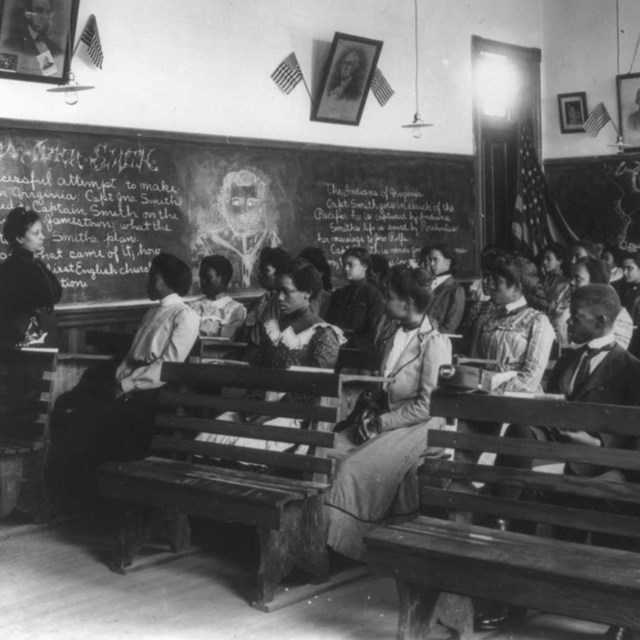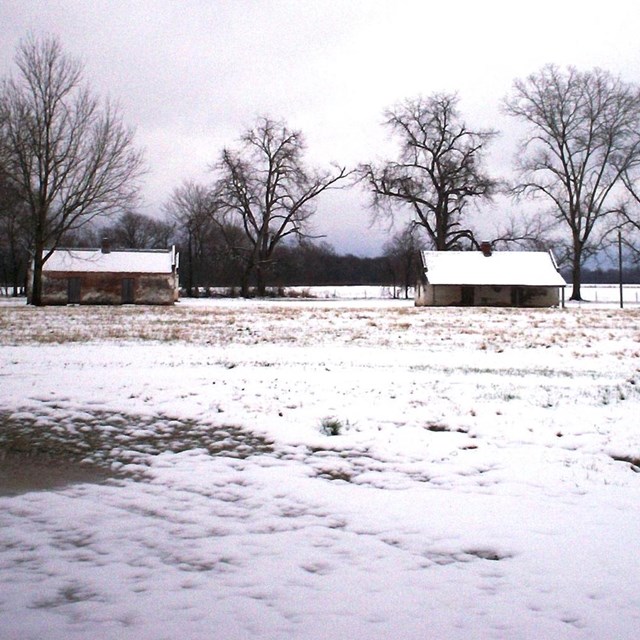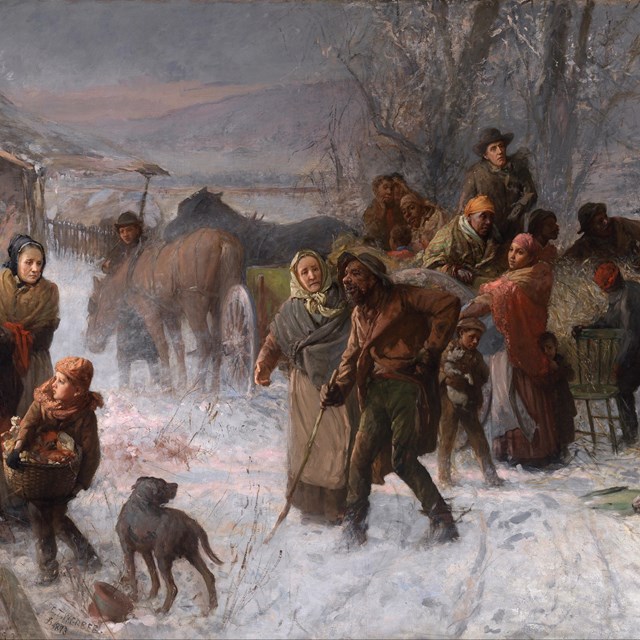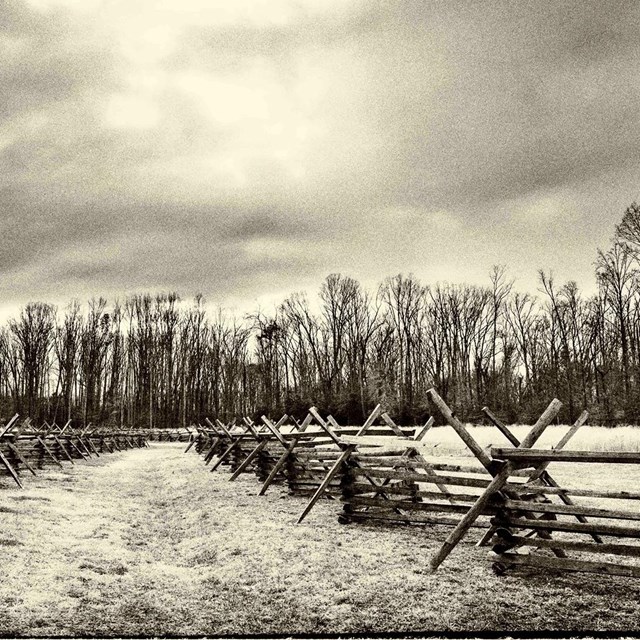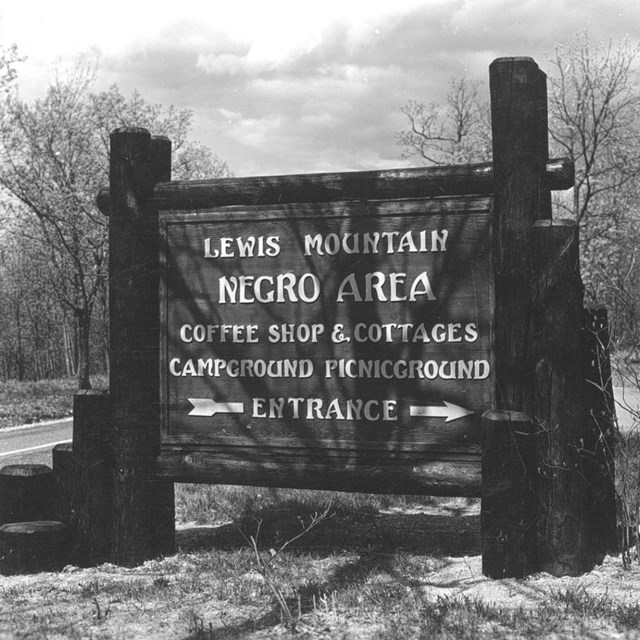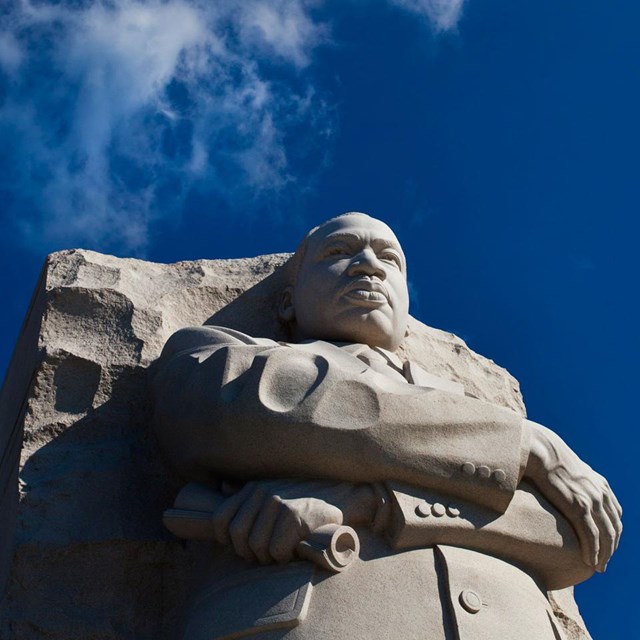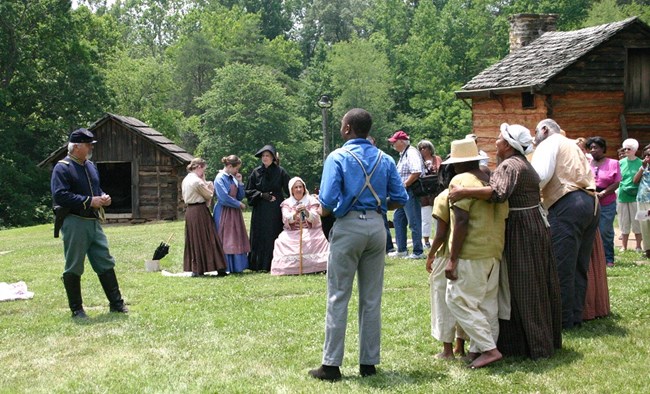
NPS Photo Juneteenth (June 19) is the one of the oldest known commemorations related to the abolition of slavery in the United States. Juneteenth National Independence Day was signed into law as a national holiday on June 17, 2021. The word “Juneteenth” is a Black English contraction, or portmanteau, of the month “June” and the date “Nineteenth.” Juneteenth celebrates the date of June 19, 1865, when enslaved people of African descent located in Galveston, Texas, finally learned of their freedom from the slavery system in the United States. 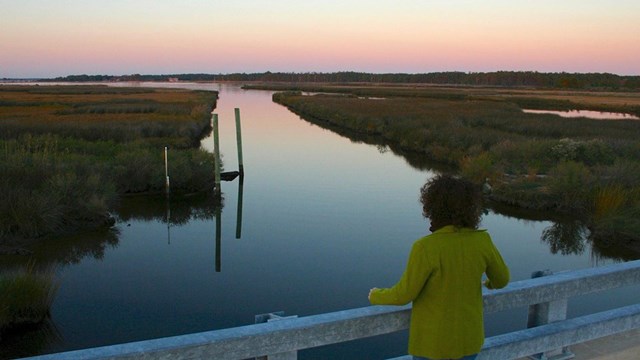
Protecting the Places and Stories
Beyond beautiful places, the National Park Service protects our nation's emancipation sites and stories. 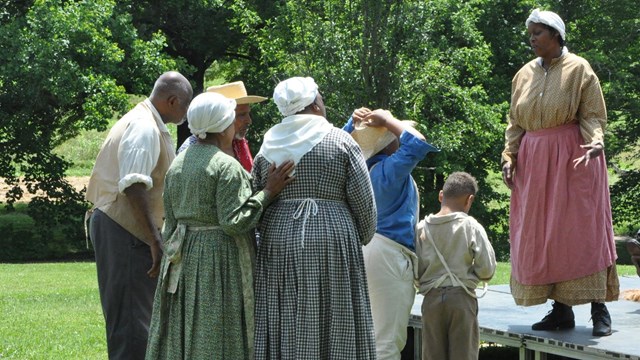
Origins of Juneteenth
Learn more about the origins of Juneteenth, which captured the jubilation of the end of slavery. 
"Twenty & Odd"
Reflect on 400 years of African American experience through the lens of our nation's iconic places in this short film. Related TopicsFind EventsSet the calendar to June to find related events hosted by national parks leading up to and on Juneteenth National Independence Day (June 19), including ranger programs, ceremonies, guest speakers, concerts, and more. |
Last updated: December 1, 2025

